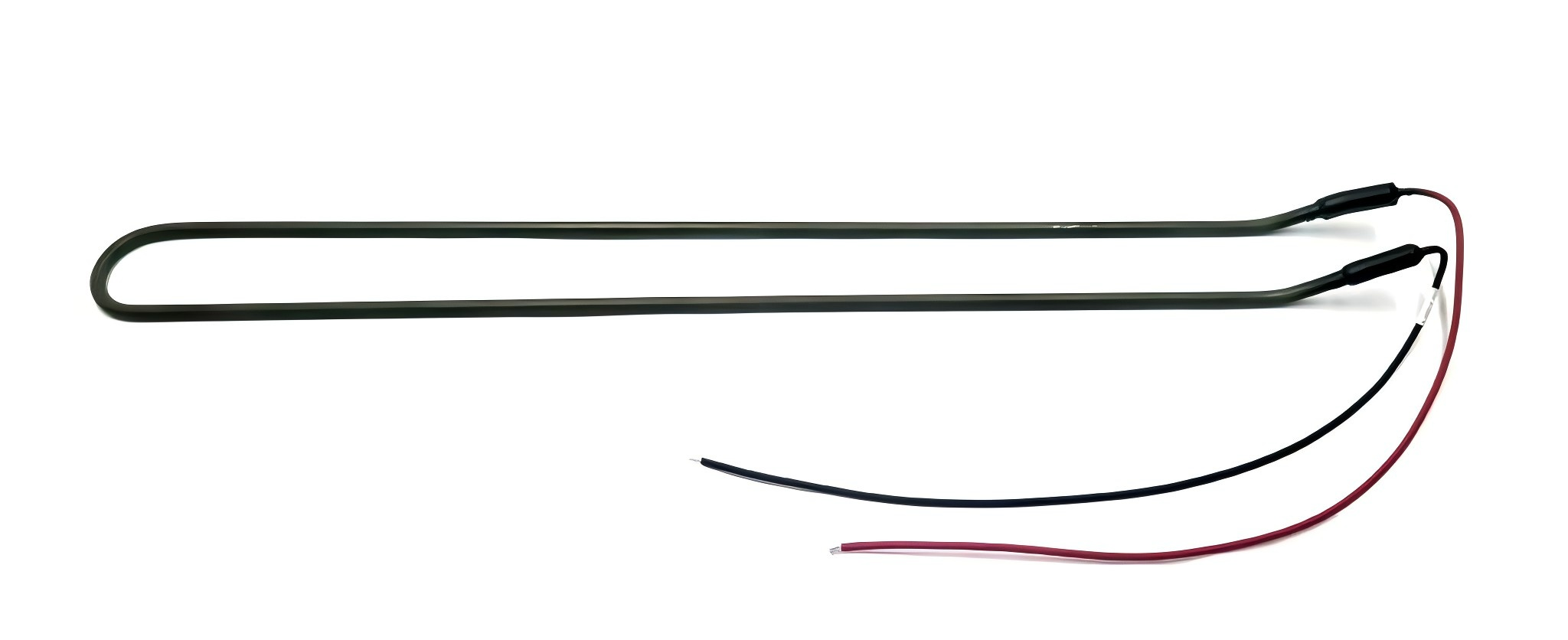-
Shipping Containers
- Container Parts
- Roof Panel
- Side Panel
- Front End Panel
- Door Panel
- Front Corner Post
- Rear Corner Post (Outer/Inner)
- Cross Member
- Bottom Side Rail
- Top Side Rail
- Door Sill
- Front Bottom Rail
- Top End Rail
- Door Header Upper/Lower
- Door Rail
- Floor Spacer
- Angle
- Top/Bottom End Rail
- Door Edge Member
- Door Sealing
- Door Frame Profile
- Door Lining
- Door Hardwares
- Door Gasket
- Side Panel/Lining
- T-Floor
- Roof Panel/Lining
- Cross Member
- Bottom Side Rail
- Top Side Rail
- Ledge PVC
- Kazoo Drain
- Auto Drain
- Alu Tube
- Auto Drain Center Part
- PVC Drain Pipe
- PVC Plugs f. Drain with Ring and Steel Wire
- Door Screw
- Door Screw Nut
- Door Screw Rubber
- Tapping Screw
- Stainless Blind Rivet
- Lashing Ring
- CSC Plate
- Welding Wire
- Tapping Screw Bit
- Vehicle Parts
- Ship Supplies
- 15. Cloth & Linen Products
- 17. Tableware & Galley Utensils
- 19. Clothing
- 23. Rigging Equipment & General Deck Items
- 27. Painting Equipment
- 31. Safety Protective Gear
- 33. Safety Equipment
- 39. Medicine
- 45. Petroleum Products
- 47. Stationery
- 51. Brushes & Mats
- 55. Cleaning Material & Chemicals
- 59. Pneumatic & Electrical Tools
- 61. Hand Tools
- 63. Cutting Tools
- 65. Measuring Tools
- 79. Electrical Equipment
- 81. Packing & Jointing
- Vehicles
- Lashing Tools
- Logistic Tools
Container PartsReefer Unit Parts (5) - Defrost HeaterApr 01,2025In refrigerated shipping containers, efficient defrosting is critical to maintaining consistent cooling and preventing ice buildup on evaporator coils. The reefer units - defrost heater plays a pivotal role in this process, ensuring reliable operation even in subzero environments. Here’s an in-depth look at its specifications, functionality, and why quality matters.
Key Specifications for Reefer Defrost Heaters
- Sheath Material: 321 stainless steel offers superior corrosion resistance and durability in harsh maritime conditions.
- Power Rating: 750W ±5%/-10% at 230V ensures precise heat output for effective ice removal.
- Current Leakage: ≤0.850mA at 2305V minimizes electrical hazards and system stress.
- Insulation Resistance: 200MΩ safeguards against short circuits and voltage fluctuations.
- Cold Resistance: 72Ω ±10% at 20°C ensures stable performance during startup.
- Epoxy: SWCRM3705 provides thermal stability and moisture-proof protection.
- Temperature Range: Operates reliably from -40°C to 85°C, ideal for global reefer routes.
Why Defrost Heater Performance Matters
A malfunctioning defrost heater can lead to reduced airflow, increased energy consumption, and premature compressor failure. High-quality reefer units - defrost heaters comply with standards like UL 499 for safety and IEC 60335 for electrical integrity, ensuring long-term reliability. Proper insulation and corrosion-resistant materials also prevent costly breakdowns in saltwater or humid environments.
Choosing the Right Defrost Heater for Your Reefer
Operators should prioritize heaters with sealed sheaths to prevent refrigerant leaks and epoxy coatings that withstand repeated thermal cycles. For extreme climates, select models certified for -40°C startup and 85°C ambient temperatures. Always verify compatibility with your reefer’s voltage and control system.
Enhance Reefer Efficiency with CIMC Equilink
For premium reefer units - defrost heaters, CIMC Equilink delivers cutting-edge solutions engineered to meet rigorous industry demands. Their heaters feature precision-matched power outputs, corrosion-resistant stainless steel construction, and advanced epoxy insulation, ensuring seamless integration and minimal downtime. Backed by ISO 14526 marine certification, these heaters optimize defrost cycles while extending reefer lifespan.
Don’t let ice buildup compromise your cargo’s safety. Invest in a high-performance reefer defrost heater to maintain peak efficiency, reduce maintenance costs, and ensure uninterrupted cold chain logistics.
Quick Quote
Copyright © 2019 CIMC Equilink - Container Parts

 中文
中文















